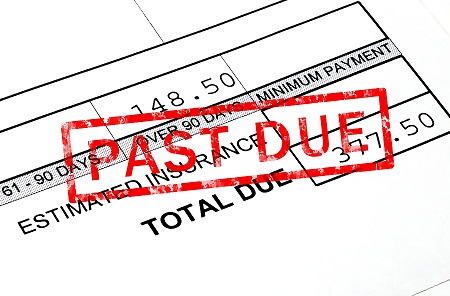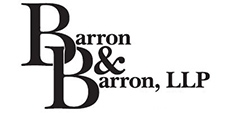Chapter 13: BILL CONSOLIDATION PLAN
A Ch. 13 Bankruptcy is designed for individuals with regular income who would like to pay some debts in installments over a period of time. These are following guidelines this bankruptcy follows:

CRAM DOWN CERTAIN DEBTS IN CH. 13 BANKRUPTCY!
In a Chapter 13, you can cram-down other debts if you have had the debt for over a year. For example, you may be able to “cram-down” your mobile home, furniture notes, and appliances.
Ch. 13 Bankruptcy Can Include:

The amount creditors receive depends on your income. After completing the payments under your plan, your debts are generally discharged. In most instances, the unsecured creditors only receive “pennies on the dollar.” This means you may owe $30,000.00 to your unsecured creditors; however, depending on your income, you may only have to pay them a few hundred dollars.
Ch.13: Some Debts ARE NOT Discharged:

*Debts are reviewed by an attorney in each case to determine their eligibility.



